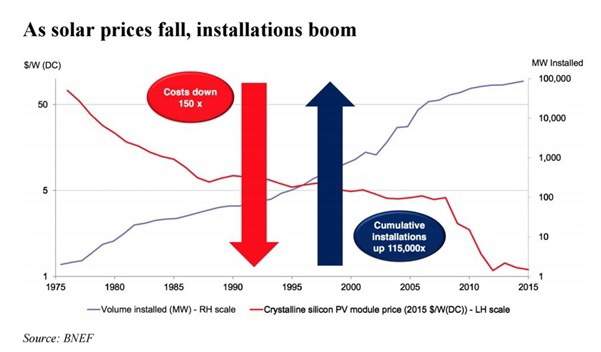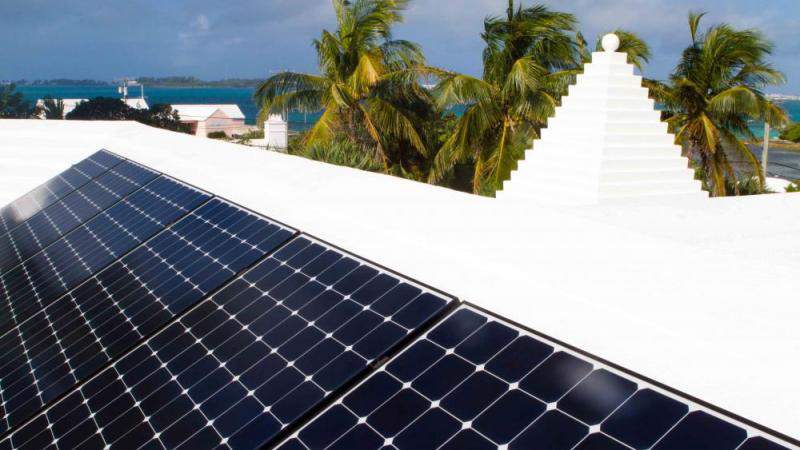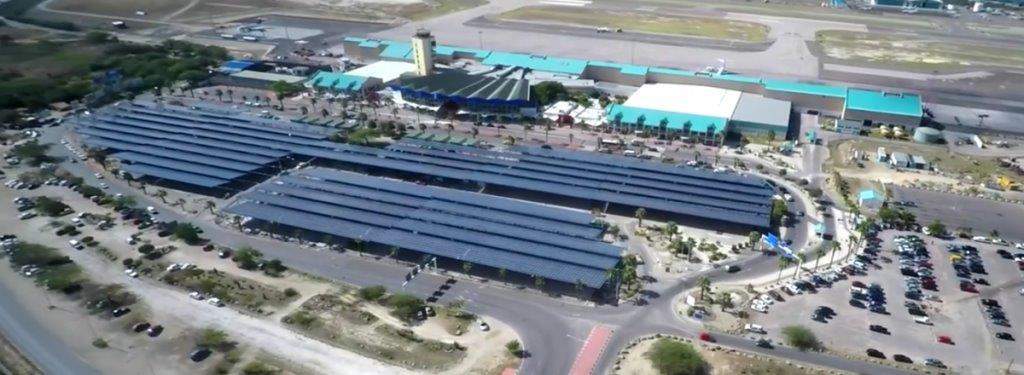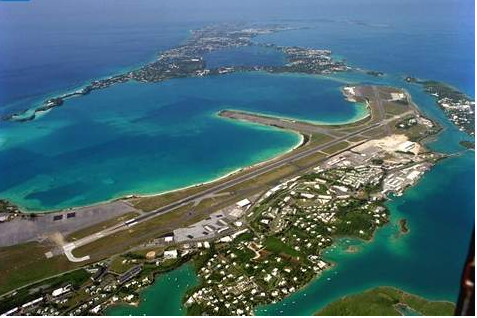- Details
Article 1 of 3 energy articles first published in the Royal Gazette in June 2016.

On March 21, the Bermuda Government tabled a report which says that liquefied natural gas, commonly known as LNG, is a more economically and environmentally attractive fuel than our present diesel-fuel oil.
It then went on to massively overreach the conclusions of the report and stated that it was considering going ahead and soliciting proposals to build the new LNG plant and convert existing electricity-generating facilities to LNG.
- Details
Article 3 of 3 energy articles first published in the Royal Gazette in June 2016.
 The transition to a sustainable energy future is not just a technical question, or an economic challenge, but is fundamentally a cultural challenge.
The transition to a sustainable energy future is not just a technical question, or an economic challenge, but is fundamentally a cultural challenge.
Professor Karl McDermott, an experienced regulator and consultant to Belco who works out of the University of Illinois, points out that “we need to recognise that the ‘modern’ vision [of electricity generation and use] that evolved from the 1920s through the 1980s relied on a technocratic solution that minimised the role of the customer as decision-maker”.
- Details
Article 2 of 3 energy articles first published in the Royal Gazette in June 2016.

“Our goal is an ambitious one: to increase the social, environmental and economic resilience ... through an efficient use of natural resources and an implementation of projects that will create and sustain high-quality local jobs for current and future generations.”
- Details

If you wish to be added to the email distribution list for this project please email This email address is being protected from spambots. You need JavaScript enabled to view it. with your preferred email address, name and company name.
For more information click here or visit www.gov.bm/procurement/development-utility-scale-solar-pv-bermuda
- Details

The report sought to answer the question of whether LNG is preferable to the current heavy oil/diesel mix used by BELCO for electricity generation in Bermuda. Not surprisingly, the report's authors answer with a resounding 'yes'.
© 2018 Greenrock Bermuda | All Rights Reserved | Web Design & Development

